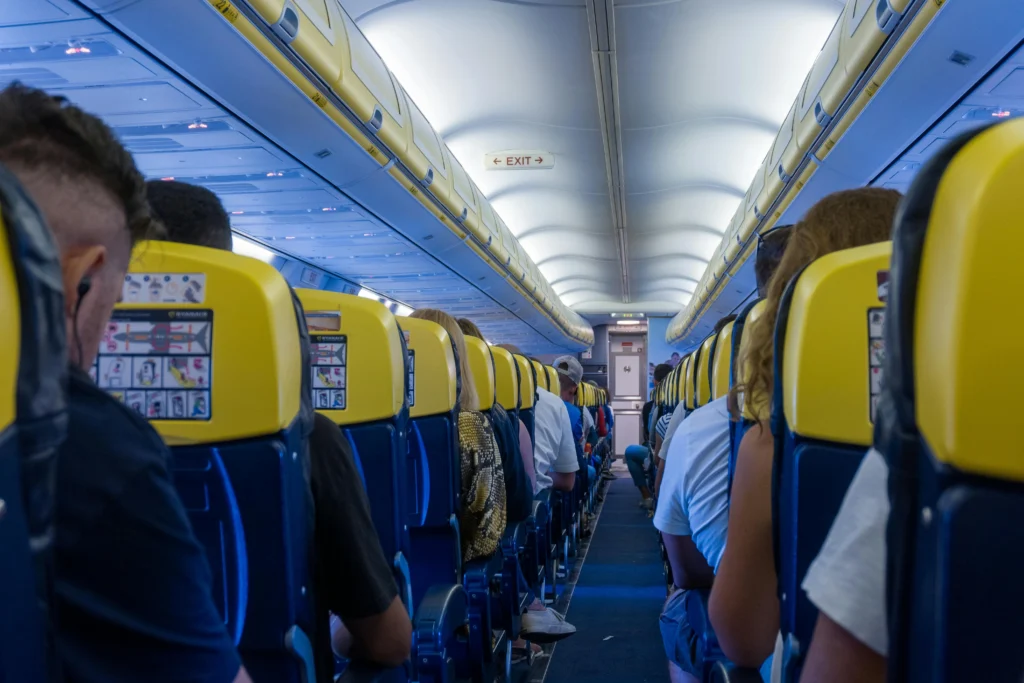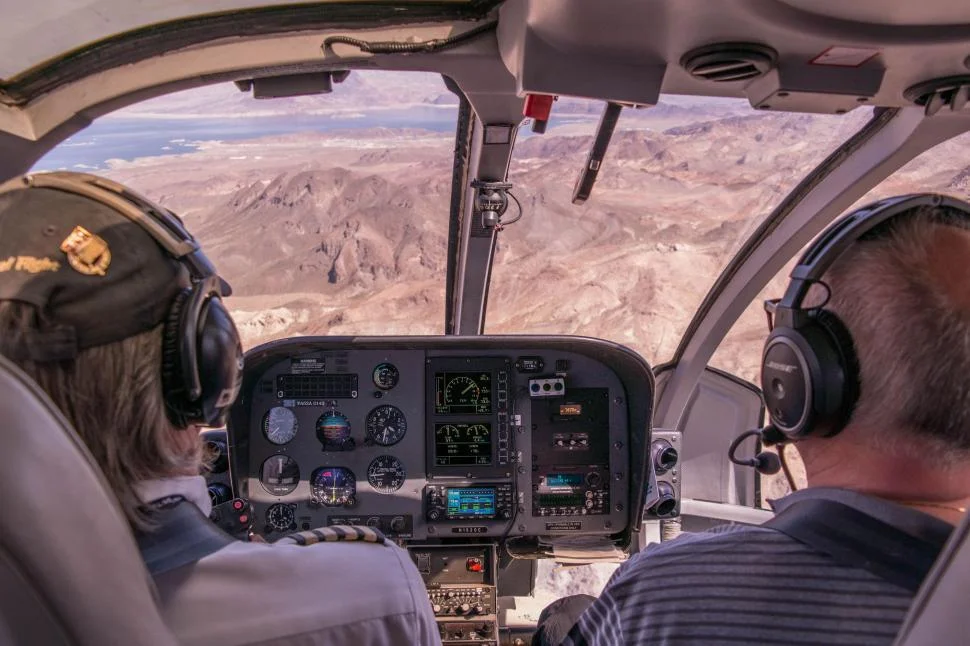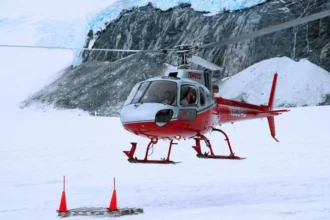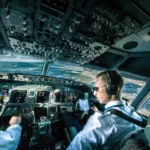In aviation, final cockpit transmissions carry extraordinary emotional weight. These moments—brief, often solemn—can reveal the full gravity of a situation in just a few words.
For pilots, trained to maintain calm in the direst of circumstances, these parting messages often become their lasting legacy. And in the Swiss aviation community, a lesser-known but striking custom has emerged that underscores this stoic professionalism.

A Chilling Swiss Tradition
Among Swiss airline pilots, there’s said to be an unspoken agreement: in the face of certain disaster, they would say one particular phrase before losing control of their aircraft.
This quiet tradition isn’t taught in textbooks or simulators, but whispered through generations of aviators—a solemn nod to humanity in a profession ruled by discipline and logic.
The phrase came into public consciousness after one of Switzerland’s darkest aviation tragedies- Swissair Flight 330 in 1970. Bound from Zurich to Tel Aviv, the aircraft was brought down by a terrorist-planted bomb just minutes after takeoff.
Amid the smoke and chaos, the crew managed to communicate with air traffic control as they tried to return to the airport. But the situation rapidly worsened.
With no hope left, one final message was transmitted from the cockpit. Spoken with composure and finality, it was just two words.
Those words would go on to symbolize not just the end of that flight, but a silent code of honor among Swiss pilots. While tragic, it revealed a human instinct to communicate a peaceful goodbye, even when the outcome was inevitable.
The Tragedy of Flight 330
On February 21, 1970, Swissair Flight 330 suffered a midair explosion caused by a time-delayed device hidden in the cargo. Smoke quickly filled the cabin and flight deck.
The pilots attempted to return to Zurich but soon lost visibility and full control of the aircraft. Their final transmission, documented in records and remembered in Swiss aviation history, came minutes before the plane crashed near Würenlingen, killing all 47 people onboard.
Though the crew couldn’t save the aircraft, their composed communication in the final moments remains a testament to the professionalism embedded in pilot culture. Those Two Words were- “Goodbye Everybody“- final message—simple and human—left a lasting impression.
The Role of Final Transmissions in Aviation History
Over the decades, cockpit voice recorders have offered investigators and families a glimpse into the final seconds of flights that met tragic ends.
These recordings often serve dual purposes: aiding accident investigation and honoring the courage of flight crews. In some cases, they contain emergency calls. In others, brief emotional goodbyes.
From LOT Polish Airlines Flight 5055 to Japan Airlines Flight 123, similar messages of resignation and courage have been captured, each providing a painful but necessary window into the final moments. Often, they reveal the depth of duty and humanity that persists even in the gravest situations.
Why Do Pilots Stay So Calm?
Pilots are trained to handle high-pressure situations with calculated, practiced calm. But when things go irreversibly wrong, a final message isn’t protocol—it’s personal.
It may be a last attempt at control, a farewell to ground personnel, or simply a human moment of connection before impact.
What makes the Swiss tradition so haunting is its quiet dignity. Rather than panic or last-minute technical exchanges, it reflects an understanding of the inevitable—and a choice to leave the world with clarity and grace.
A Lasting Legacy
While aviation safety has improved dramatically, and such incidents are increasingly rare, these stories serve as a sobering reminder of the stakes involved. They also highlight the deep professionalism and human depth behind every flight.
In the end, the skies may be governed by physics and engineering—but in moments of crisis, it is human character that often speaks loudest. The legacy of those final words continues to resonate, not as a tale of terror, but as one of quiet courage at 30,000 feet.











